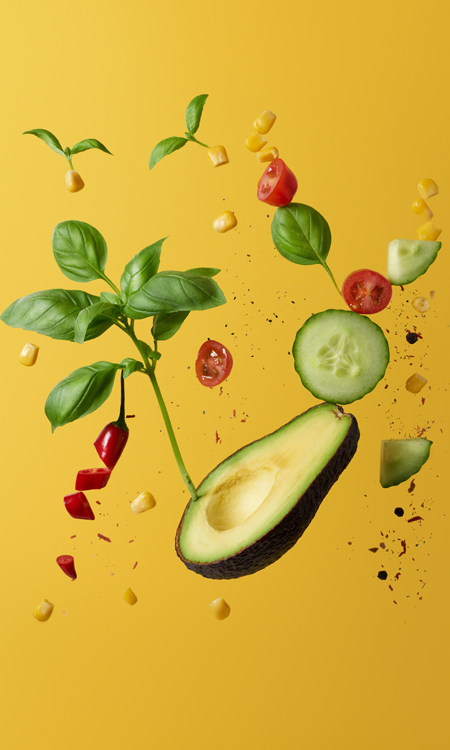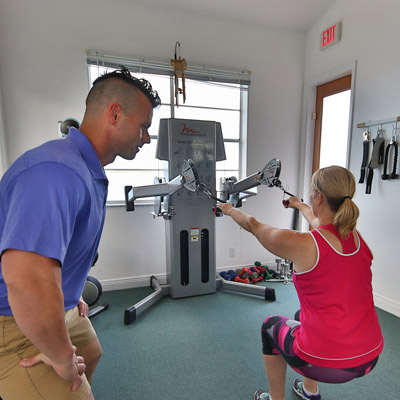Nutrition in Early Recovery: Introduction

"I'm not telling you it is going to be easy; I'm telling you it's going to be worth it."Art Williams
Quick Links for Nutrition in Early Recovery:
Nutritional Therapy Goals for Substance Abuse:
- Heal and nourish the body damaged by substance abuse.
- Decrease inflammatory response due to drugs and absence of drugs.
- Support healthy neurological healing and function.
- Decrease mental health problems due to nutrient deficiencies.
- Teach healthy eating habits to individuals.
Overview
What you are going to learn from me is not your run of the mill program. This will not be cookie cutter, and it will not be what conventional programming teaches. My programs are groundbreaking and truthful, I am not here to sell you something new, I am here to teach you what really works, that is it!
The truth is, nutritional application and information to individuals in recovery is appalling.
My name is Tim Shevlin, I am an addict in recovery. Over the course of the past 20 years, I have been in rehab centers for the treatment of my drug and alcohol addiction 11 times, and I have been in separate detox centers 7 additional times. I have been a patient at some high end rehab centers like the Meadows in Arizona and The Ranch in Tennessee, as well as some lower end rehab centers. The one theme that I have learned when it comes to nutrition at rehab centers is; it is a neglected afterthought across the board.
One high end treatment center I attended had a dedicated nutritionist/dietitian, and we had a weekly class taught by her and she came up with our meal plans, I remember one day someone asked her what an anti-oxidant was... She didn't know... That tells you the quality of the nutrition at that location.
I am sure there are exceptions to this rule, but they are the extremely rare exception.
And that is why you are all here. You understand that there are benefits to a proper nutrition program in early recovery, and you want to learn the best way to incorporate and implement it in your programs. I applaud you for your boldness, food intake and how it effects our bodies is the oldest form of medicine, but as we as a society have progressed in current medicine, we have forgotten the importance of our roots. Convenience and pleasure fill the marketplace, every packaged boxed food is prepared with one thing in mind; whoever eats this needs to become hooked on it. Does that sound familiar? Food companies are just huge drug dealers, but the drugs they are dealing are not even noticed, in fact they are uplifted.
From an early age, we are taught that food is either celebratory or comforting during tragedy. Think about it, "it is your birthday, lets have cake"; "you're having a bad day, lets go get some ice cream". Thus the addiction to food begins, or at least the compulsion to charge or numb with food based on an emotion begins.
Government officials and celebrities have their pictures taken with one of their favorite foods... instagram and tiktok are flooded with people eating crazy mixes of fast food.
Not to mention that most of our processed food is designed to create an addiction for that food! Is there any question as to why obesity prevalence rates are at 42%?
So what happens? You take away someone's drug or process addiction of choice, and they will immediately go back to what they first learned to cope with, food. And as professionals in the addiction recovery field, implementing a nutrition program that is truly healing WILL increase your patients success rate.





